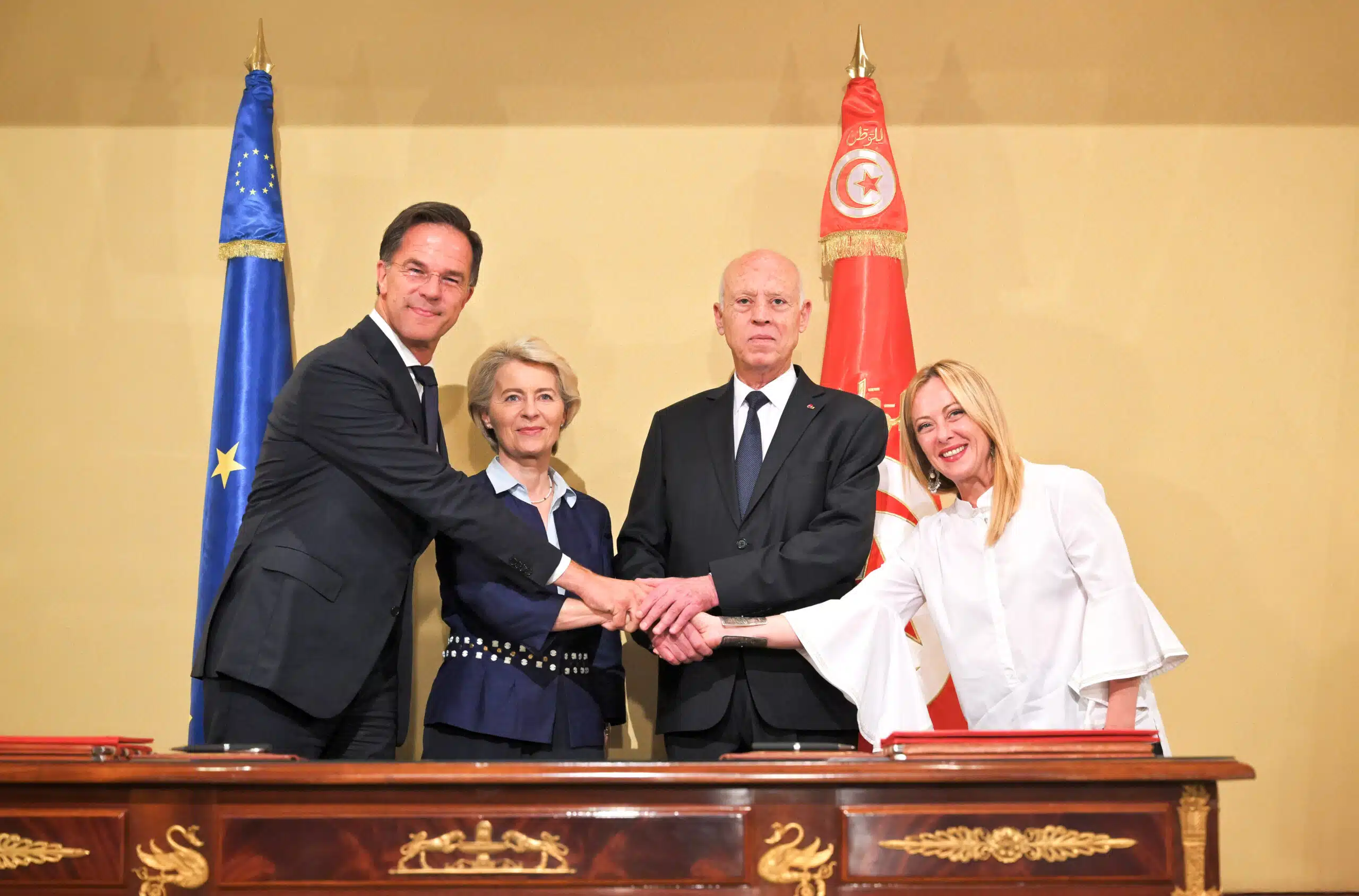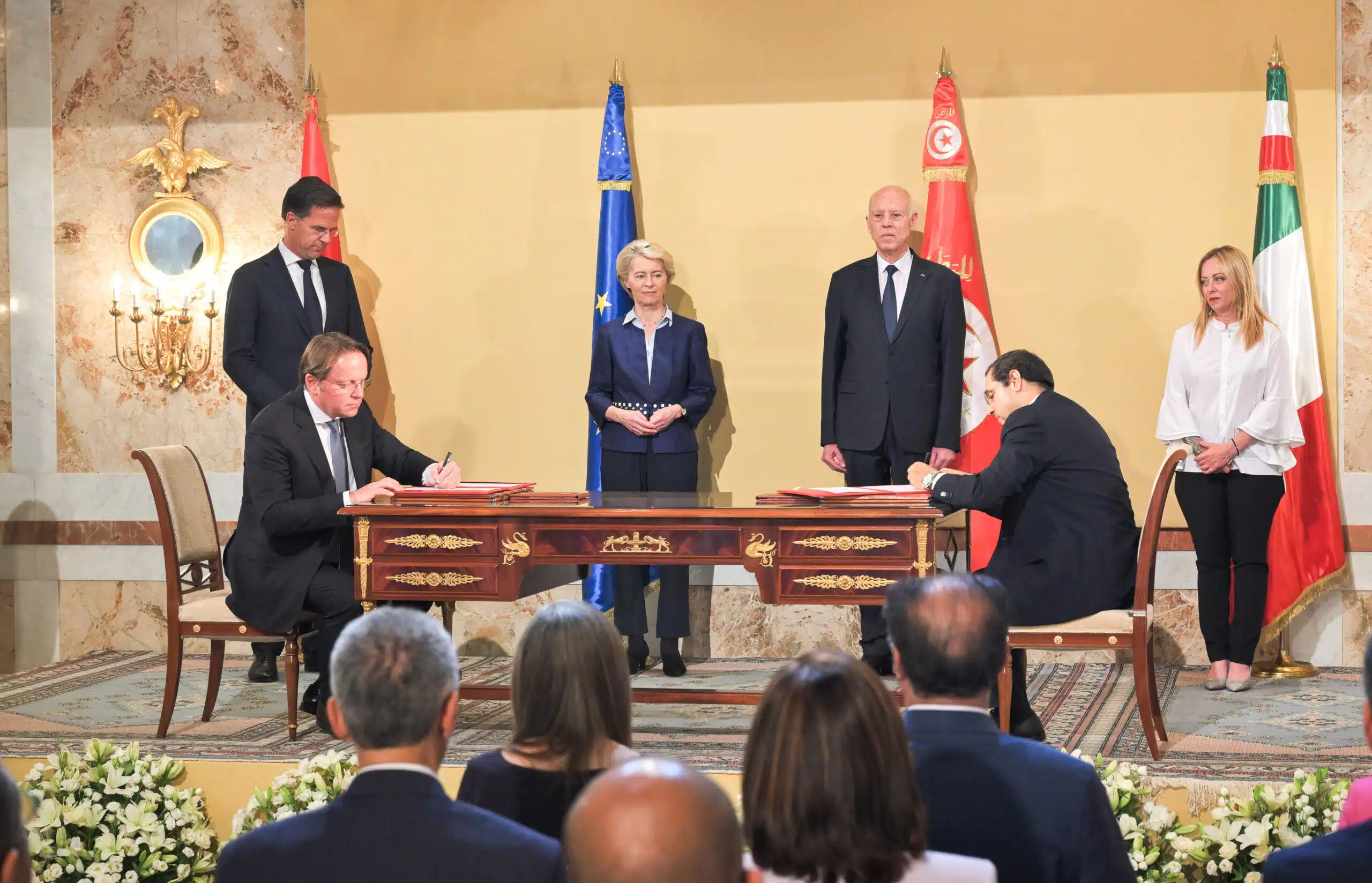Brussels – The EU unlocks the 150 million in macroeconomic assistance provided for in the Memorandum of Understanding signed in July 2023 with Tunisia. A disbursement that was supposed to be “urgent” but had to wait for encouraging signals from the government of Kais Saied and its willingness to undertake a series of economic reforms.
The much-discussed agreement “has begun to bear fruit for all,” rejoiced EU Commissioner for Enlargement, Olivér Várhelyi. Stressing that the funding “follows Tunisia’s efforts in public finance management and business and investment climate.” This 150 million is only a small part of a macroeconomic assistance plan of more than a billion euros. But the substantial package with the remaining 900 million remains far off, tied to the release of the 1.9 billion maxi-loan that the International Monetary Fund has been holding frozen for over a year.
The support to Tunisian coffers will come in the form of a grant and—the Commission further specifies—like all EU budget support, “is made on the basis of actual progress in the implementation of structural reforms undertaken by Tunisia.” This is the second disbursement under the Memorandum, following last October’s dispute when President Saied rejected a first payment of 127 million (about half of which was part of past agreements), calling it “a handout.” Except then – with the lights out – cashing them in. In that case, the 67 million related to the Memorandum was part of the pillar of combating irregular migration, to which Brussels will devote 105 million.
“This is an important step in the framework of our agreement concluded last year and a good step forward in our partnership,” commented European Commission President Ursula von der Leyen, who has repeatedly called the Memorandum with Tunisia a model of a comprehensive strategic partnership to be replicated in neighbouring countries. Starting with Egypt, with which negotiations have already been initiated.
English version by the Translation Service of Withub





